Teaching kids how to be safe around the farm
Ohio State University graduate student Molly Michael is working on an ag safety curriculum for K-8 educators about being safe while performing tasks on the farm.
Read MoreWhat started as a very small soapmaking hobby at Frog Pond Farm & Dairy has grown to be an enterprise that currently includes pasteurized fluid milk, seven flavors of chèvre cheese and several varieties of decadent fudge.
Mahoning County Farm Bureau members David and Marsha Coakley didn’t set out to establish a Grade A goat dairy. When they first purchased their small farm in 2011, they envisioned a place for their two horses and maybe a handful of poultry in the outskirts of Canfield.
 Today, Frog Pond Farm & Dairy looks a bit different being home to a herd of 35 Alpine and Nubian goats. Even more unique is that the farm is a fully functioning USDA certified Grade A dairy – something you don’t see very often in the goat community. What started as a very small soapmaking hobby has grown to be an enterprise that currently includes pasteurized fluid milk, seven flavors of chèvre cheese and several varieties of decadent fudge.
Today, Frog Pond Farm & Dairy looks a bit different being home to a herd of 35 Alpine and Nubian goats. Even more unique is that the farm is a fully functioning USDA certified Grade A dairy – something you don’t see very often in the goat community. What started as a very small soapmaking hobby has grown to be an enterprise that currently includes pasteurized fluid milk, seven flavors of chèvre cheese and several varieties of decadent fudge.
Perhaps even more ironic is that Marsha recalls at first having a particular disdain for goats based on experiences with them on her uncle’s farm when growing up. She couldn’t imagine why anyone would want to raise them, until a trip to the Columbiana County Fair where she and David fell in love with a pair of friendly kids.
Not long after that encounter, they obtained a seller’s phone number from a 4-H member.
“It all just kind of spiraled out of control after that,” she said, with a laugh.
The decision to purchase two does led them on a series of events that would end up in a full-blown unexpected business, with a level of success that the pair acknowledges is difficult to replicate in the goat industry.
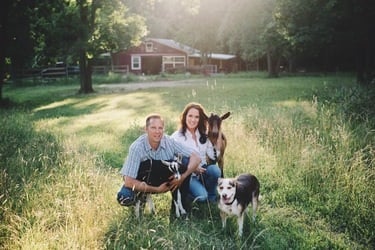
In 2016, one of their newly acquired does spontaneously began producing milk in an event known as precocious udder syndrome. Not wanting the milk to go to waste, Marsha tried her hand at soapmaking for the very first time.
After giving a few bars out, it wasn’t long before they had several people asking to buy some of their own. Then a unique opportunity presented itself to the Coakleys – selling their soap in a string of Hallmark stores across Ohio.
“That instantly gave us recognition and it made us legitimate,” she said. “That I think was our first huge win to get in a national chain like that. It helped so much with our brand.”
Today they still carry their soap in a couple of nearby Hallmark locations and other local shops. Additionally, a few other retailers carry their milk and chèvre. But as they’ve grown, many of the sales for their products now happen over their website, which has its own online store. They also sell directly off the farm by appointment.
Two years ago, they first added fudge to their offerings. A month before getting their Grade A permit they bought Nubian goats – a breed known for its rich milk rich in fat – to start making their chèvre cheese. Today they even have a selection of lip and body balms.
“I feel like we’ve been very fortunate that the community has supported us,” Marsha said. Another element she credits to their success was getting into soapmaking before it was popular.
“It’s a tough business to be competitive and I feel like we were kind of right on the cusp of it,” she said.
Their commitment to being as natural as possible has also helped them stand apart. Each batch of soap is made of 25% whole milk, made from scratch and scented with essential oils – something not guaranteed by all homemade soaps on the market.
As the soap business grew, David explored the specifics of dairy licensing. When they first wanted to get into cheese, he learned they could get a Grade B dairy certification to accomplish that end.

To meet these requirements, the standards for parlor design and milk handling aren’t as stringent. However, Grade B dairies can only produce milk to go into manufactured end products but not fluid milk. Grade B is the most common licensing for goat dairies.
But the Coakleys were a bit more ambitious.
“We considered doing (Grade B). But my thought process was (if) I’m going to produce milk, why wouldn’t I produce the best milk that I can?” David said. Doing a Grade A dairy also meant that they could get into fluid milk sales which they, and their customers, had a budding interest in.
“We let the market dictate what we made based on what our customers were asking us,” Marsha said.
The Coakleys got their Grade A permit in July 2020. This required them to build a separate milk parlor with food-grade equipment and materials and construct a separate milk room, among other requirements.
The process was a very gradual one over the years, but something David said was well worth it to avoid the crippling debt that is an entry barrier to many interested in goat dairying.
Every component of the goat business, from the barn to the milking parlor to the cheese room, needed to be built from scratch. This is something the couple agrees was one of their biggest roadblocks.
“There are pluses and minuses to that,” said David. “I called the dairy inspector and said how do I build this? He told me and we built it for their specs.”
It was a big undertaking, but the fluid development made it feasible. Over the years they accumulated a lot of used equipment as their operation grew, which helped with some of the costs.
This year their biggest change is having a designated cheese room separate from their milk processing room. Marsha said it has been very helpful as it has taken most of their workspace away from the house. Now, the only thing Marsha makes in the house is the soap.
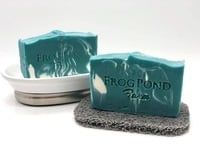 Marsha said Frog Pond is ready to roll out another product – goat milk lotion. As far as growing the business, the Coakleys will continue to do what has worked for them – listening to customers and paying attention to the different demands of each product and seeing how that influences their lineup.
Marsha said Frog Pond is ready to roll out another product – goat milk lotion. As far as growing the business, the Coakleys will continue to do what has worked for them – listening to customers and paying attention to the different demands of each product and seeing how that influences their lineup.
“We’ve had a lot of good opportunities, a lot of people and local businesses have helped us,” said David. “We’ve been fortunate and probably the exception, not the rule, and we’ll keep chugging away and see where it goes.”
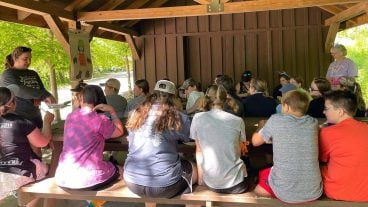
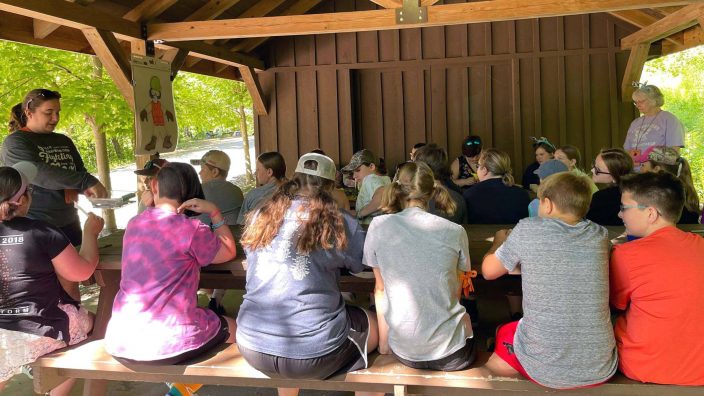
Ohio State University graduate student Molly Michael is working on an ag safety curriculum for K-8 educators about being safe while performing tasks on the farm.
Read More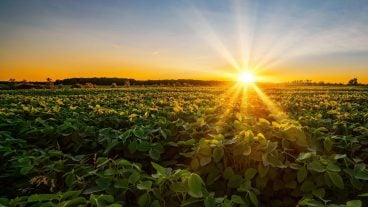
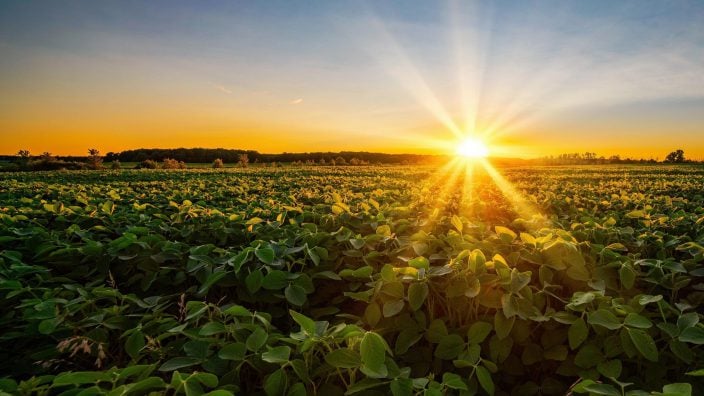
Being a member of Ohio Farm Bureau means having access to a suite of first-class business solutions that enhance your operation’s bottom line.
Read More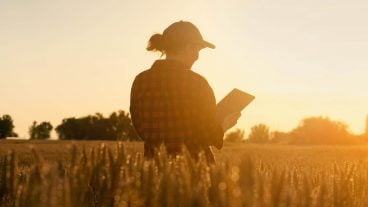
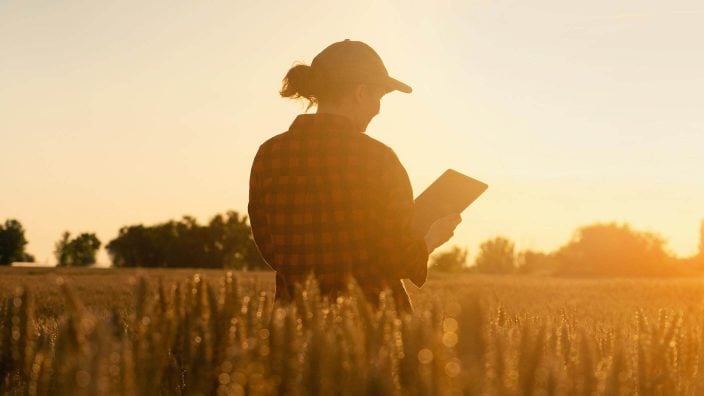
Two Ohio women have taken leadership roles in national agriculture organizations: Susan Shultz and Kelly Harsh.
Read More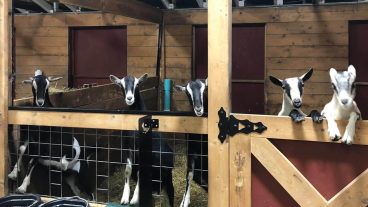
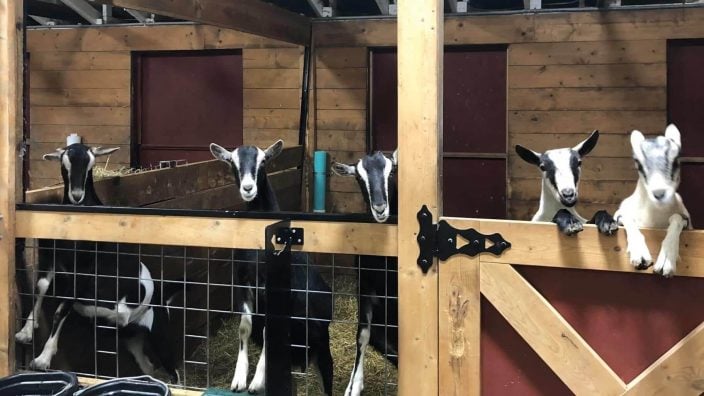
What started as a very small soapmaking hobby at Frog Pond Farm & Dairy has grown to be an enterprise that currently includes pasteurized fluid milk, seven flavors of chèvre cheese and several varieties of decadent fudge.
Read More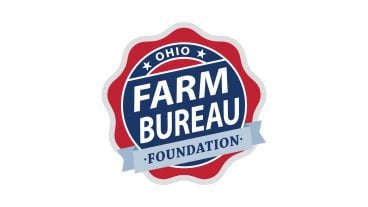
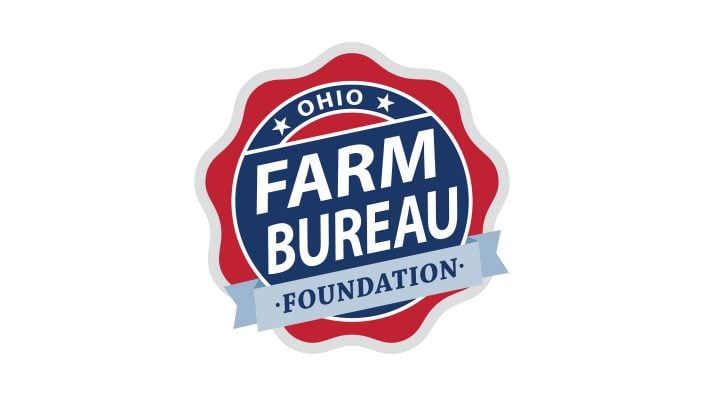
Over the last few years, the Ohio Farm Bureau Foundation has put intentional focus on its purpose architecture to create more clarity and awareness around what the foundation is and its work.
Read More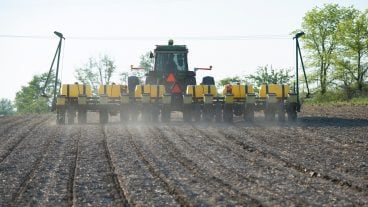
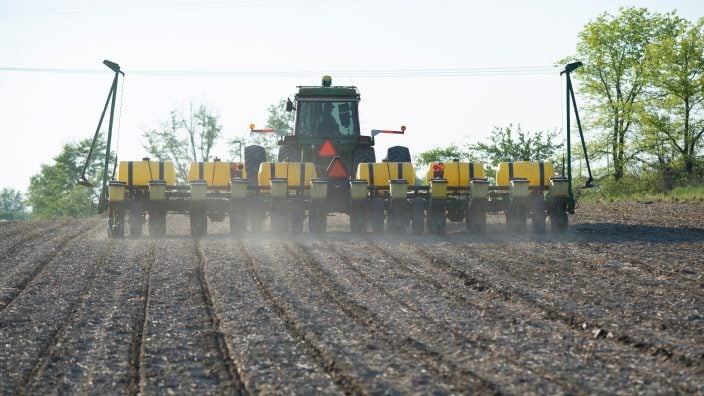
As we continue to stay ahead of the curve for farmers and ranchers, find out how we can work together to protect your next.
Read More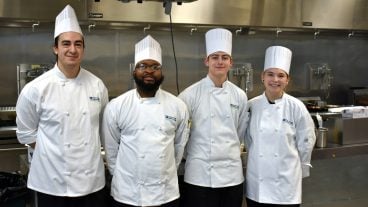
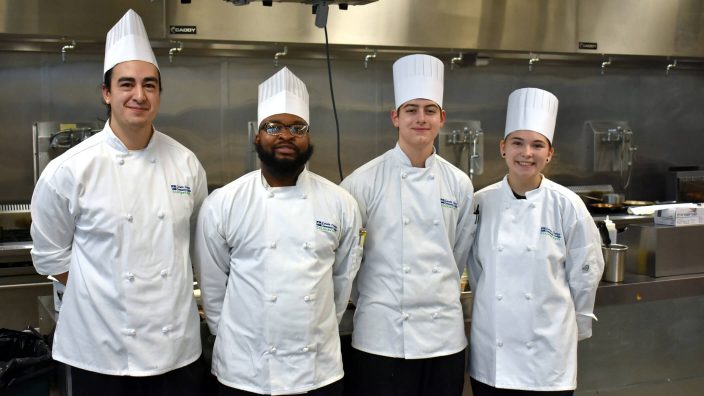
Get to know Lorain County Community College Culinary Arts students Matthew Gregory, Brandon Woodall Sr., Garret Underwood and Megan Rataj.
Read More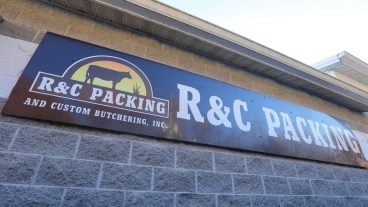
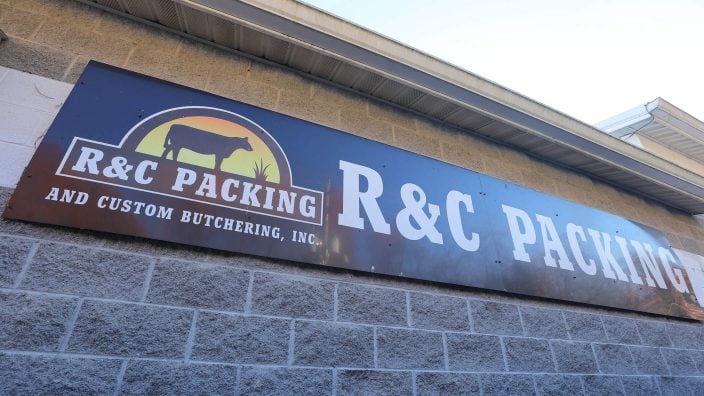
Ohio meat processors like Jamie Graham, owner of R & C Packing, have been hard pressed to keep up with demand for their services. Consumer interest in locally raised meat has been steadily increasing in recent years, and the COVID-19 pandemic boosted demand further.
Read More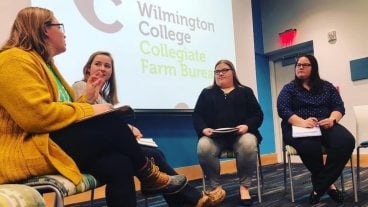
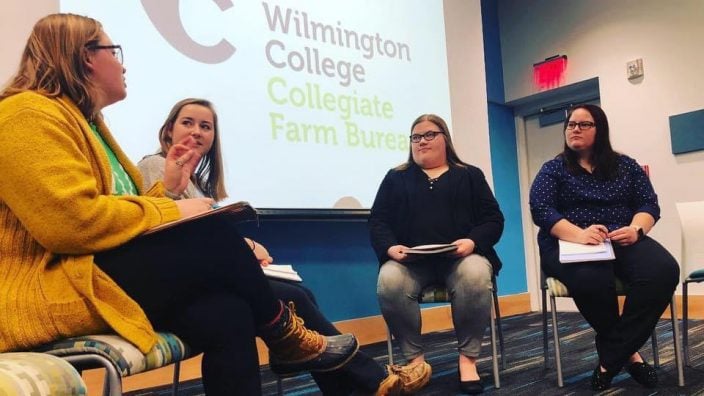
Collegiate Farm Bureaus at both Wilmington College as well as Ohio State University offer students with any major or specialization the opportunity to belong.
Read More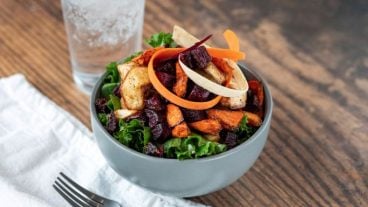
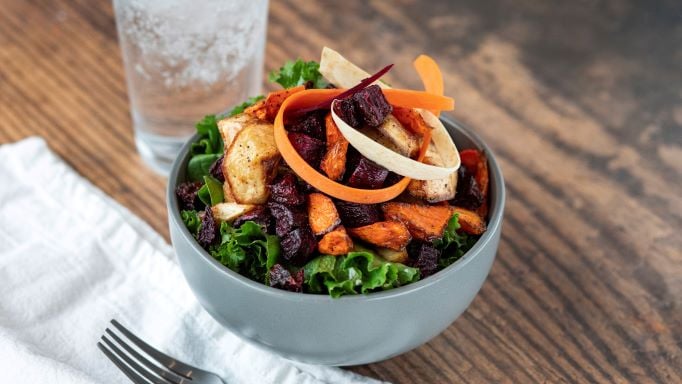
Editor Kelli Milligan Stammen shares what’s in store for readers, including recipes, member features and what’s next for Farm Bureau in 2022.
Read More